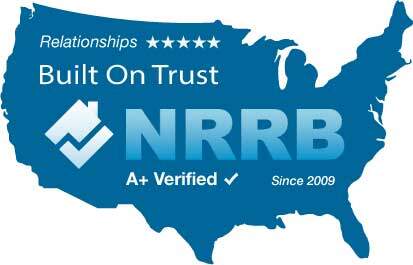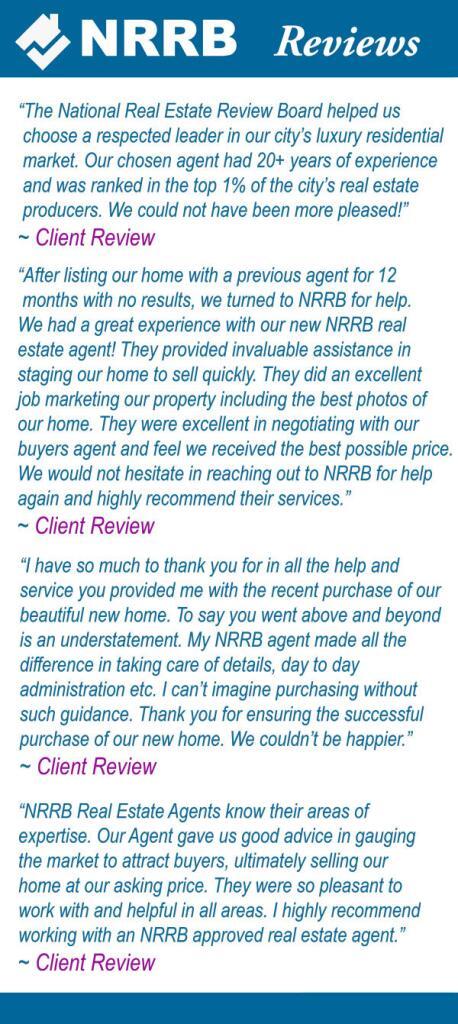National Real Estate Review Board




Budget
BUDGET – How Much Can I Afford?
What is my budget? As you prepare to look for homes, make sure that you know how much you can comfortably afford. You want to know how your credit and the type of mortgage you choose can affect your monthly payments and overall cost of the loan.
You may qualify for a higher amount than you actually want to pay. It’s important to not only check with a mortgage agent to get pre-approved, but to know what the payments will be at that amount. Remember to factor in homeowner’s insurance, property taxes, utility bills, moving costs & maintenance. Just because a lender approves you for a certain loan amount doesn’t mean it’s the right number for you. Lenders look at your gross income and debt ratios, but they don’t know your full financial picture or lifestyle preferences.
Determining how much “home you can afford” depends on several important factors including:
- Your annual gross income. You can get a very rough estimate of your affordable home price range by multiplying your annual gross income by 2.5 to 3. If you earn $50,000 per year, you might afford a home in the $125,000–$150,000 range. Keep in mind this is only a starting point—actual affordability depends on current interest rates, your existing debt, and your credit profile..
- Your credit history and score. Your credit can affect your ability to qualify for a mortgage and your mortgage rate. Before you shop for a house or a mortgage, find out what your credit score is by visiting www.annualcreditreport.com or calling (877) 322-8228. Be sure to do this only once a year because your score can be negatively affected if pulled too often.
- Current mortgage rates. Mortgage interest rates change frequently, often daily, in response to broader economic conditions and investor demand. One major player in this market is Freddie Mac, a government-sponsored enterprise that buys mortgages from lenders. Investor activity related to Freddie Mac and similar institutions can significantly affect mortgage demand—and, by extension, rates.To stay informed, check: https://www.freddiemac.com/pmms. This weekly report provides average mortgage rates nationwide for: 30-year fixed-rate loans, 15-year fixed-rate loans, 5/1 adjustable-rate mortgages (ARMs). Tip: Even a small rate increase—say, from 6.25% to 6.75%—can raise your monthly payment by hundreds of dollars over the life of the loan.
- The amount of your down payment. You will have to make a down payment of at least 5 percent of the home purchase price to qualify for a mortgage that meets Freddie Mac’s requirements. If you are able to put down 20 percent or more, you can avoid having to pay private mortgage insurance (PMI), reducing your monthly mortgage payment. Jumbo loans most often require 20% down. For high-cost homes that exceed conventional loan limits, a jumbo loan is required. As of 2025, a mortgage is generally considered a jumbo loan if it exceeds $806,500 for a single-family home in most areas.
- The type of home you are purchasing. If you are looking to buy a condominium/townhome, keep in mind that rates are typically higher for these loans and you’ll have to budget for the cost of your monthly condominium/townhome (HOA) fee. HOA fees can range from $100 to $1,000+ per month, depending on the property and location, so be sure to factor this into your monthly budget.
- Your current lifestyle and future plans. You should consider your current living standards, as well as any future major expenses such as a wedding or college tuition. And, remember – buy what you can comfortably afford today, not five years from now.
- Fees and closing costs. Remember to factor in the expenses and fees you will incur for a home appraisal, a home inspection and other professional services required to buy a home.
Key Ratios Lenders Use
To determine how much you can afford, it is helpful to follow the guidance and key ratios lenders use:
- Housing Expense Ratio. Also known as the “front-end ratio,” this measures the percentage of your gross monthly income that goes toward housing expenses. Lenders recommend your total monthly housing payment (principal, interest, taxes and mortgage insurance) should be less than 28% of your gross monthly income.
- Debt-to-Income Ratio. This ratio considers all of your monthly debt obligations, not just your housing payment. Lenders look to see that all your other debts (credit cards, student loans, alimony, child support, car loans and housing expenses). Your total monthly debt payments should typically be less than 36% of your gross monthly income. Some lenders may allow up to 40%, especially with strong credit or large down payments. Example: $6,000 × 0.36 = $2,160 max total debt payments per month.





